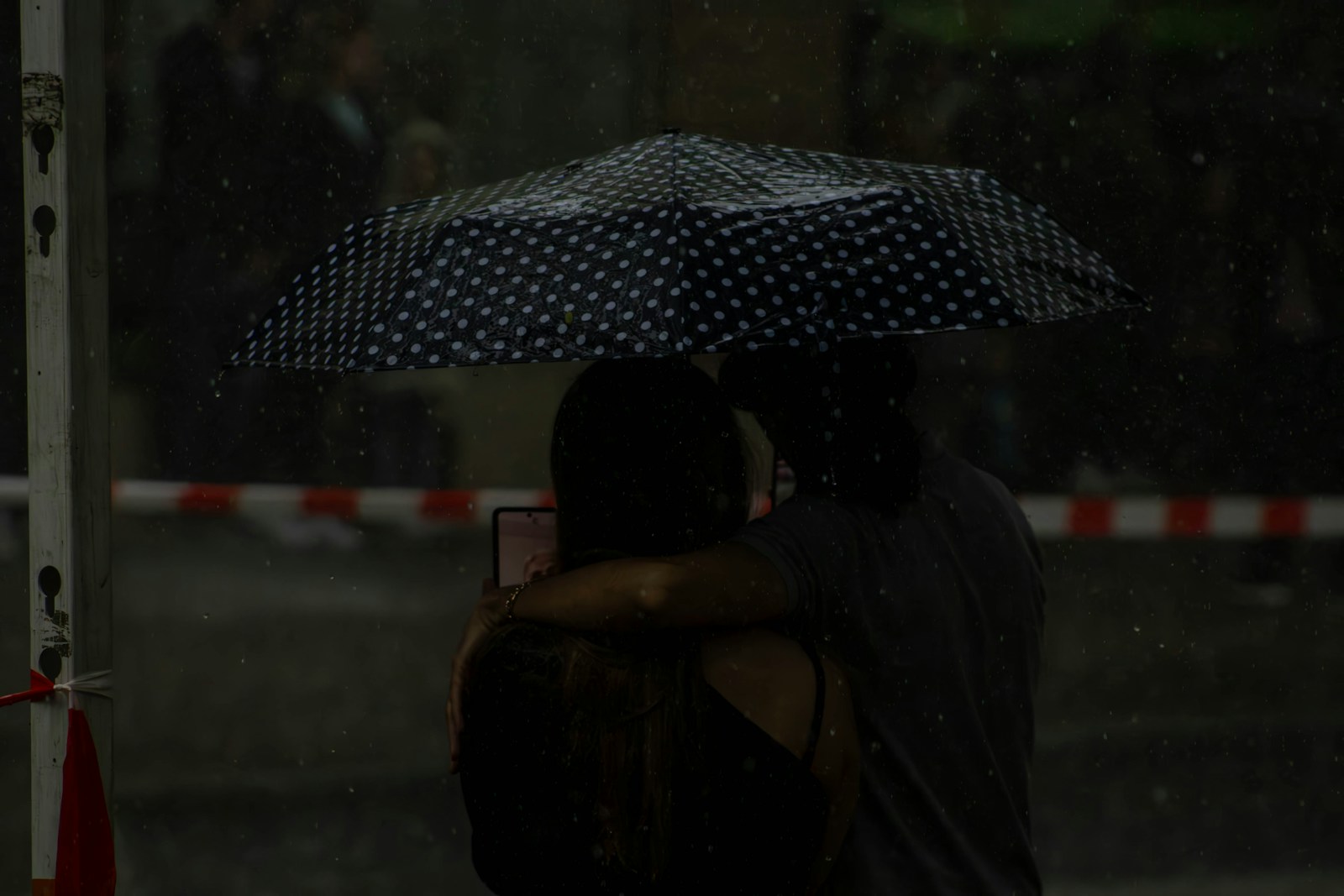
llover

to rain
The Spanish verb 'llover' translates to 'to rain' in English. It is representative of the natural phenomenon where drops of water fall from the clouds towards the earth. An example of this word in use could be 'Va a llover mañana', which translates to 'It is going to rain tomorrow' in English. Like many Spanish verbs, 'llover' changes form depending on the context, such as who is doing the action, when it is happening, and more.
Example sentences using: llover
Aunque está lloviendo, tenemos que salir.

Even though it is raining, we have to go out.
None
Leí en el periódico que iba a llover hoy.

I read in the newspaper that it was going to rain today.
None
Va a llover mañana.

It is going to rain tomorrow.
This sentence is using the future tense, indicating that the action of raining will occur in the future, specifically tomorrow.
Me gusta cuando empieza a llover.

I like it when it starts to rain.
None
Cuando empieza a llover, los niños entran.

When it starts to rain, the children come in.
None
Creo que va a llover toda la semana.

I think it's going to rain all week.
Expression of a belief or prediction about an ongoing rainy weather pattern for the week.
Parece que va a llover en la tarde.

It looks like it's going to rain in the afternoon.
None
Si sigue lloviendo, tendremos que cancelar el picnic.

If it keeps raining, we will have to cancel the picnic.
None
Deberíamos quedarnos en casa si comienza a llover.

We should stay at home if it starts to rain.
None
Ojalá no lloviera tanto.

I wish it wouldn't rain so much.
None